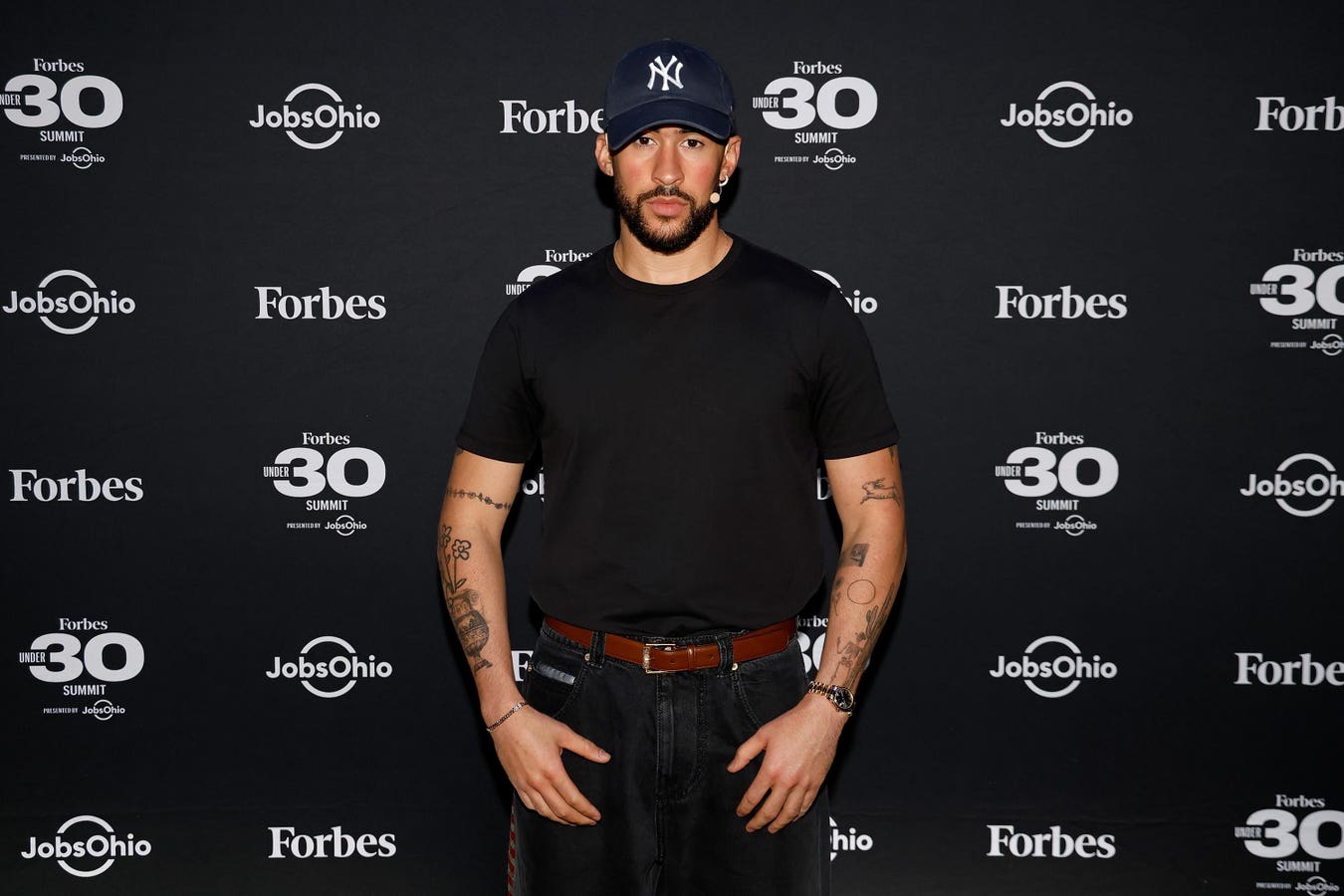
Share to Facebook Share to Twitter Share to Linkedin Photo by Taylor Hill/Getty Images Getty Images In an August 15, 2024 Opinion, a Puerto Rico federal judge ordered claims brought by Diamond Sports, a sports agency created by rapper Bad Bunny, against the Major League Baseball Players Association (MLBPA) to be arbitrated rather than heard in court. The court’s decision revealed important differences between the agent regulations of the MLBPA and the National Football League Players Association (NFLPA). The Bad Bunny Case Bad Bunny formed Diamond Sports, doing business as Rimas Sports, in 2021 with Noah Assad and Jonathan Miranda. William Arroyo later joined as the firm’s lead baseball agent. The agency purports to represent 68 baseball players, including 14 in MLB and the rest in minor league baseball. Nevertheless, the manner in which it apparently grew drew the attention of the MLBPA, which regulates agents in accordance with federal labor law. The union determined that Rimas Sports was providing benefits to players to induce them to become clients and also using unauthorized recruiters (i.e., “runners”) to secure clients, actions which violated the MLBPA’s agent regulations. On April 10, 2024, the MLBPA revoked Arroyo’s agent certification and denied the pending certification applications of Assad and Miranda. The trio were also fined a combined $400,000. Finally, the MLBPA prohibited any certified agents from working with Arroyo, Assad, Miranda or Rimas Sports and informed MLB clubs that they could not negotiate with them. The MLBPA’s decision may result in the end of Rimas Sports’ baseball player representation business. On April 15, 2024, Arroyo, Assad and Miranda filed an appeal of the MLBPA’s decision. An arbitrator refused their request to issue an injunction preventing the discipline pending the outcome of the appeal, which is ongoing. MORE FOR YOU Today’s NYT Mini Crossword Clues And Answers For Friday, August 16 Harris Will Propose $25,000 In Down Payment Aid For First-Time Homebuyers As Part Of Economic Agenda Kamala Harris Releases Economic Agenda—Here’s What To Know On May 16, 2024, Rimas Sports filed a lawsuit against the MLBPA in Puerto Rico. Rimas Sports argues that the MLBPA exceeded its authority under the National Labor Relations Act and in so doing has tortiously interfered with the agency’s contracts with its player-clients and its agents. Specifically, Rimas Sports argued that the MLBPA has the authority to regulate individual agents insofar as they are involved in negotiating player contracts but has no authority to regulate agents or agencies when they are involved in negotiating marketing and endorsement deals on behalf of players. Nevertheless, the disciplinary action taken by the MLBPA effectively prevents Rimas Sports from providing these services as well. Yesterday, the court granted the MLBPA’s motion to compel the action to arbitration. The court noted that the MLBPA agent regulations in various places incorporate an agent’s business entity as being subject to the regulations. For example, the regulations provide that “where one or more Player Agents own or conduct business as, or are employed by, a business entity, the term ‘Player Agent’ includes the firm or business entity they own or with which they are employed or associated, unless the context clearly provides otherwise.” Moreover, Rimas Sports entered into representation agreements with its clients which explicitly incorporated the MLBPA’s regulations. Rimas Sports therefore is subject to the arbitration provisions of the MLBPA’s agent regulations. The NFLPA’s More Limited Approach Unlike the MLBPA regulations, the NFLPA agent regulations do not contain an expensive definition for “Contract Advisors” which incorporates the agent’s employer or business entity. Indeed, the NFLPA regulations specifically state that agent “[c]ertification will be granted hereunder only to individuals and not any firm, corporation, partnership or other business entity.” The scope of the regulations and its arbitration process were at issue in a complex case in 2015 between the agency of Impact Sports and one of its former employee-agents, Sean Kiernan. Kiernan had joined Impact in 2003 and, according to Impact Sports, signed a non-compete and other agreements during his employment. Kiernan left Impact Sports in 2014 to join competitor Select Sports Group. Impact Sports commenced an arbitration in accordance with the NFLPA Regulations against Kiernan and Select Sports Group alleging Kiernan had misappropriated confidential information in making the transition. (Disclosure: I was involved in representing both Impact Sports and Kiernan in matters prior to their split). Various claims and counterclaims were asserted. ForbesNFL Agent Todd France Hit With Unprecedented Damages AwardBy Chris Deubert In the arbitration, arbitrator Roger Kaplan first wrestled with whether he had jurisdiction to hear certain parts of the case. Kaplan determined that “any claims by an entity such as Impact or SSG are not within the jurisdiction of the NFLPA Regulations’ arbitration process because such an entity cannot be a Contract Advisor or player (who are the only classifications of persons who are within the jurisdiction of the NFLPA Regulations).” Consequently, Kaplan held that “[t]o the extent that there are disputes over the alleged employment agreements, operating agreements and/or non-compete provisions, those disputes must be resolved, if at all, in a different forum because they are outside of my jurisdiction under the NFLPA Regulations.” Similarly, “[q]uestions of conversion, misappropriation of confidential information and/or trade secrets and claims of disloyalty/receipt of compensation from two (2) different employers must be resolved, if at all, in a different forum.” The arbitrator consequently limited his authority in the case to deciding a dispute between Impact Sports and Kiernan about entitlement to commissions from player contracts, an issue specifically identified for resolution via arbitration in the NFLPA Regulations. The Potential Union Split There is a potentially important difference between the Rimas Sports and Impact Sports cases. The Rimas Sports case concerns the disciplinary authority of the MLBPA whereas the Impact Sports case concerned a dispute between agents and agencies. The NFLPA has a Committee on Agent Regulation and Discipline (CARD), made up of players, responsible for investigating and potentially disciplining agents who have violated the Regulations. CARD’s decisions are appealable to Kaplan. Nothing about the decision in the Impact Sports case would prevent CARD from taking action against individual agents. But Kaplan’s decision in that case suggests that the NFLPA would not have the authority to take broad disciplinary action against a sports agency at which agents worked, like the MLBPA did. The NFLPA, for example, potentially could not prohibit players from continuing to use certain agencies for marketing-related agreements. The court’s decision in the Rimas Sports matter supports the broad authority of the MLBPA to regulate agents and the agencies for which they work, and to have any disputes about its regulations heard in arbitration. The NFLPA, on the other hand, does not seem so empowered. The MLBPA was represented in the case by Jeffrey Kessler of Winston Strawn LLP, long-time outside counsel to the NFLPA as well. He may want to recommend the NFLPA to revisit the scope of its regulations. Chris Deubert Following Editorial Standards Print Reprints & Permissions
Categories: Sports




The Foreign Office has issued a 'No Travel' list, pinpointing 31 countries…